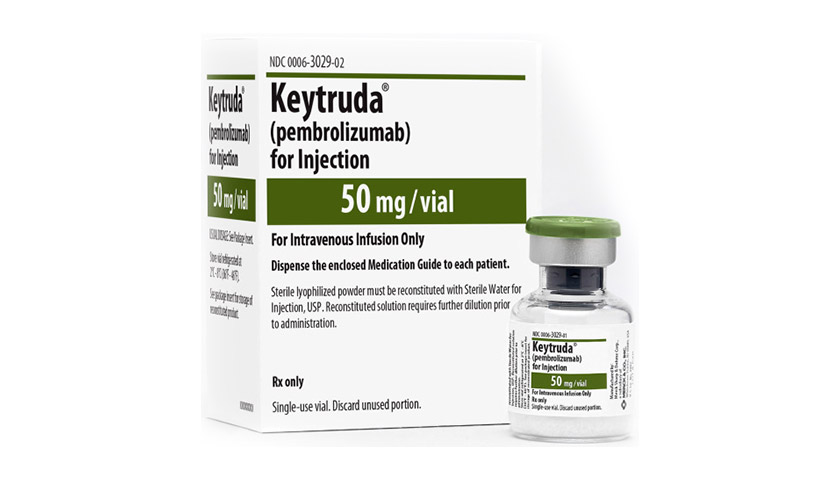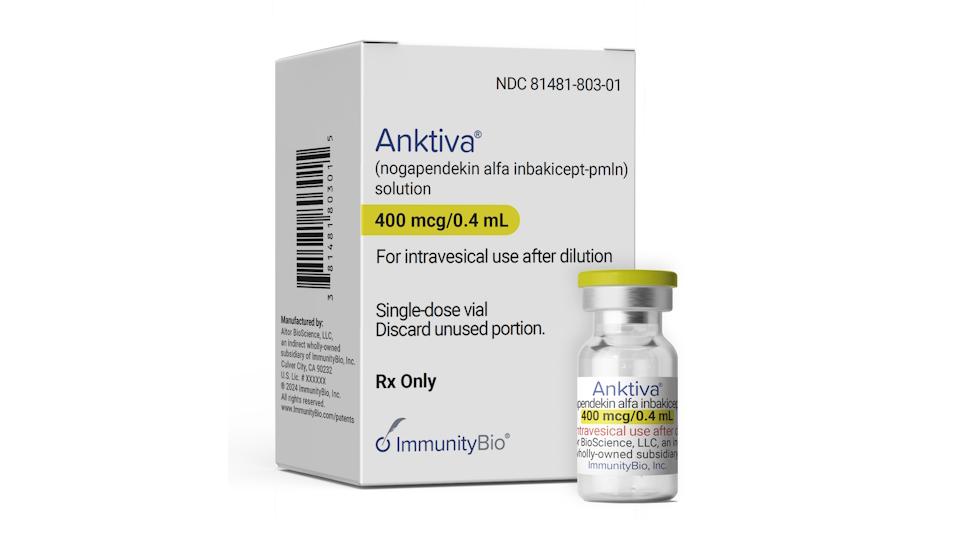FDA sets January action date for Keytruda in early bladder cancer

Merck & Co/MSD has filed for approval of its PD-1 inhibitor Keytruda in a hard-to-treat form of bladder cancer, claiming a priority review from the FDA that sets up a possible approval next month.
The marketing application is in high-risk, non-muscle invasive bladder cancer (NMIBC), a tumour that has started growing in the cells lining the bladder’s inner layer but hasn’t yet spread to the muscle wall. Patients should have carcinoma-in-situ (CIS) – very early, high grade cancer cells – with or without papillary tumours.
The go-to treatment for this type of cancer is BCG (Bacille Calmette‑Guérin), a vaccine for tuberculosis that is also used to help stop some kinds of bladder cancer from spreading or recurring and is delivered via a catheter directly into the bladder.
If that fails, treatment is generally chemotherapy delivered into the bladder, or surgical removal of the organ, and the hope is that Keytruda could help patients avoid either of those options.
Merck tested Keytruda (pembrolizumab) in NMIBC patients who hadn’t responded to BCG therapy in the KeyNote-057 study, first reported at last year’s ESMO meeting. The study was conducted in subjects who weren’t eligible for surgery to remove the bladder, or chose not to go down that treatment route.
Keytruda was given every three weeks in the study to patients who had received a median of 12 BCG treatments, and who were followed with regular cystoscopies to gauge whether the drug was able to achieve a complete response at 12 weeks.
As it turned out, 40% of patients on Keytruda had a complete response in the open-label, phase 2 trial, which compares to historical response rates of around 16% to 20% with conventional chemotherapy drugs like valrubicin or gemcitabine.
The FDA has convened an advisory committee meeting to review the data on 17 December, and Merck says it anticipates a target action date by the regulator in January 2020.
Keytruda has already been approved for other forms of bladder cancer, as have five of the six other approved checkpoint inhibitors including Roche’s Tecentriq (atezolizumab) and Bristol-Myers Squibb’s Opdivo (nivolumab), but could be the first in the class to claim approval in NMIBC.
Tecentriq and AstraZeneca’s Imfinzi (durvalumab) are however also in late-stage trials for this indication, according to the clinicaltrials.gov database.
Keytruda is used to treat advanced urothelial carcinoma (UC) as a first-line therapy for patients who aren’t able to receive platinum-based chemotherapy and whose tumours express the biomarker PD-L1, as well as for second-line treatment of UC that has relapsed after chemo.
Merck estimates there are around 80,000 new bladder cancer diagnoses every year in the US, and three quarters of these are classed as NMIBC.












